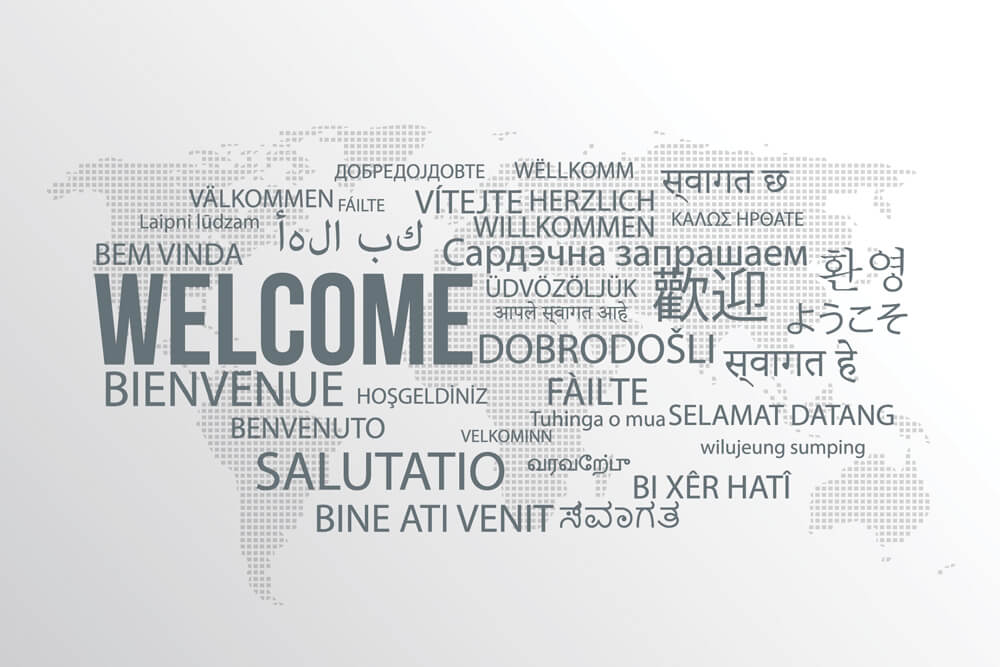Translation and Localization of Food Safety eLearning Module
Introduction
In this case study, we will delve into the process of translating and localizing an eLearning module on Food Safety for French-speaking audiences who are aspiring food inspectors or food safety officers. The module was originally developed in English and utilized tools such as Articulate Storyline, Camtasia, Adobe Photoshop, and Illustrator.
Project Overview
A. Source Language and Target Languages
- Source Language: English
- Target Language: French
B. Audience Profile
- Target Audience: Aspiring food inspectors or food safety officers
- Geographic Scope: French-speaking regions
Translation and Localization Process
A. Content Analysis and Preparation
- Review of the English eLearning module’s content and structure
- Identification of text, images, audio, and interactive components for translation/localization
B. Translation Phase
- Selection of Professional Translators: Expertise in food safety terminology and eLearning content
- Translation of Text Content: All textual content, including course instructions, explanations, and assessments
- Localization of Images: Adaptation of images to reflect cultural relevance and adherence to food safety standards in the target region
C. Localization Phase
- Cultural Adaptation: Modification of content to ensure cultural sensitivity and relevance for French-speaking audiences
- Legal and Regulatory Compliance: Ensuring that content aligns with local food safety regulations and guidelines
- Conversion of Measurements and Units: Adapting measurements, units, and formats to the metric system used in France
D. Technical Adaptation
- Adaptation of Interactive Components: Adjusting interactive elements, quizzes, and assessments to accommodate the French language and cultural context
- Multimedia Localization: Translation and synchronization of audio narration and captions
- UI and Navigation Adjustment: Adapting navigation buttons, labels, and user interface elements to the French language
Software Utilization
A. Articulate Storyline
- Translation of Course Text: Exporting text for translation and reimporting translated text into the module
- Slide Duplication: Creating duplicate slides for each language and setting triggers to display the appropriate language version based on user selection
B. Camtasia
- Audio Localization: Recording new audio narrations in French for the video components of the module
- Subtitle Integration: Adding French subtitles to videos for improved comprehension
C. Adobe Photoshop and Illustrator
- Image Text Localization: Editing images with embedded text to replace English text with French equivalents
- Graphic Modifications: Making necessary changes to images to ensure cultural appropriateness and relevance
Quality Assurance and Testing
A. Linguistic Review
- Proofreading: Thorough review of translated content for accuracy, grammar, and consistency
- Terminology Consistency: Ensuring consistent usage of food safety terminology throughout the module
B. Functionality Testing
- User Experience Testing: Checking for proper navigation, interaction, and functionality in the localized module
- Technical Compatibility: Verifying that the module works seamlessly across various devices and browsers
Conclusion
The successful translation and localization of the Food Safety eLearning module from English to French involved a comprehensive process that addressed linguistic, cultural, and technical aspects. By leveraging software tools such as Articulate Storyline, Camtasia, Adobe Photoshop, and Illustrator, the module was effectively adapted to cater to the specific needs and preferences of French-speaking audiences, enabling aspiring food inspectors and food safety officers to access crucial knowledge in their native language.







